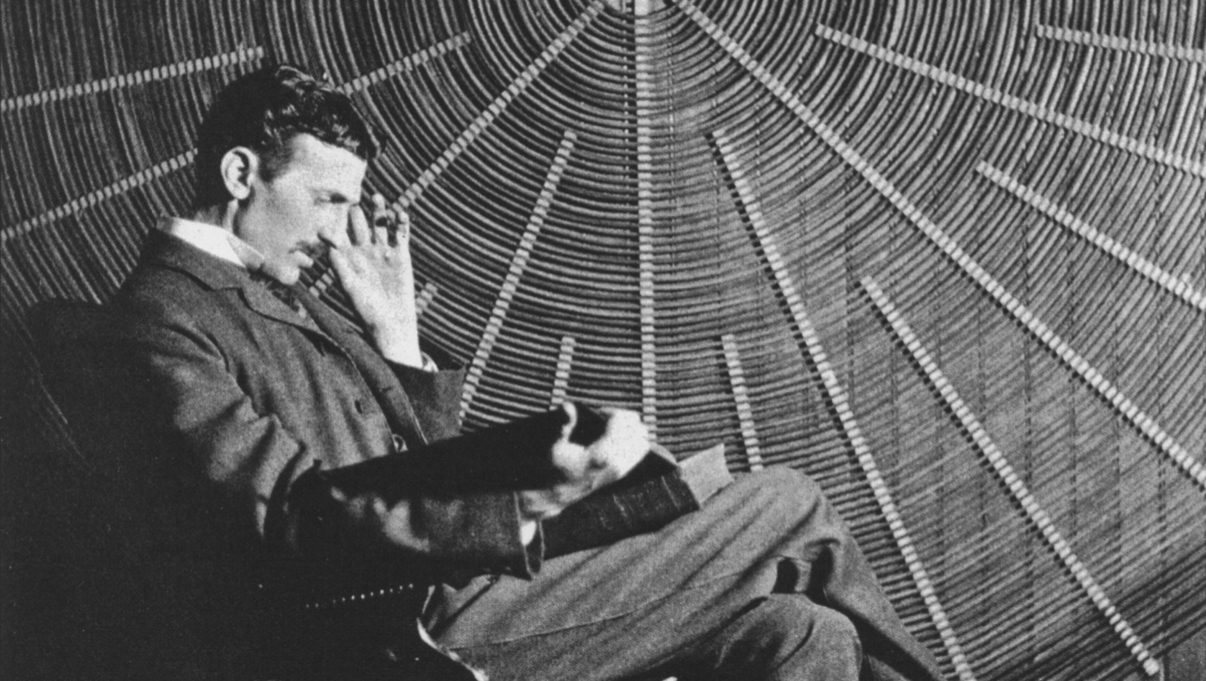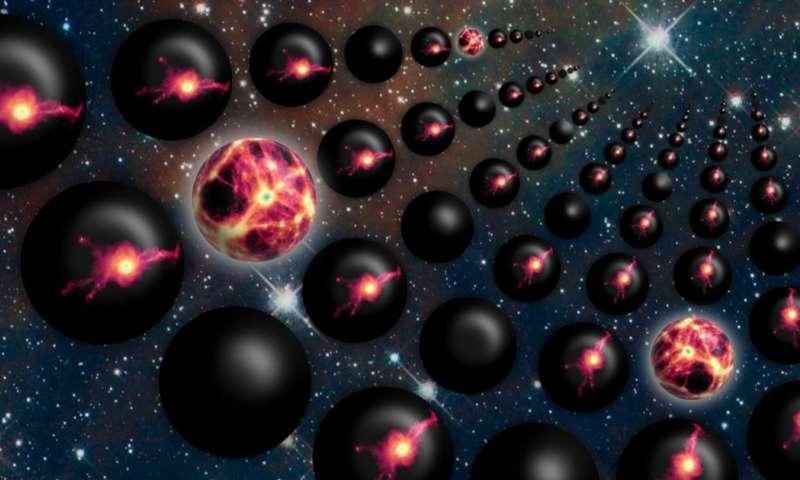Despite Introspection, We Are Strangers to Ourselves

What’s the Latest Development?
There are many examples of people offering grossly incorrect analysis of common physical phenomena. Eye witnesses to crimes have notoriously fallible memories about who or what they saw; it is common for two people who experienced the same event to have different interpretations of what happened. “Even when reporting current experience,” says L.S.E. psychology professor Nicholas Humphrey, “we make divergent, confused and even contradictory claims about what it’s like to be on the inside.”
What’s the Big Idea?
How is it that we have so much trouble knowing what happens inside our own minds? Perhaps we have too little information to go on? Wrong, says Humphrey. He contends we often have too much information about mental states: “We are asked to say ‘what it’s like’—to dream, to imagine, to feel—as if there ought to be a simple answer: colored or not, single or double, in the head or in the heart. But, when it comes to it, the rich totality of our experience will not fit the Procrustean bed that philosophy, and everyday discourse also, tries to impose on it.”





